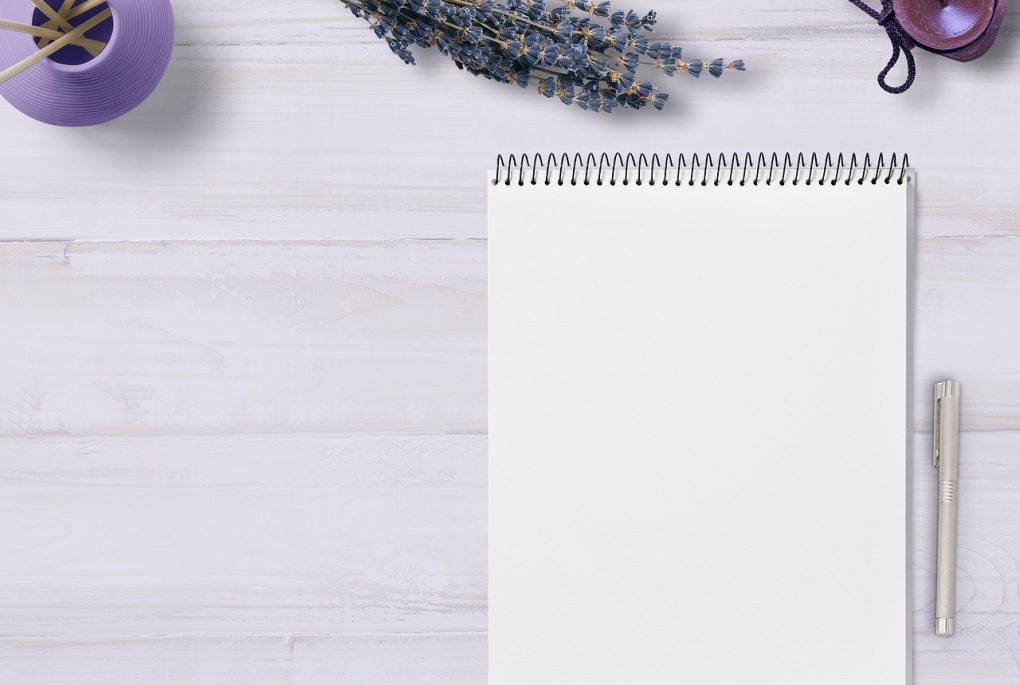As a writer, I’m here to say, writers block is real. Many times, you’re out living your life and observing what’s going on and a wave of inspiration will hit you (at least this tends to be my experience), and if it’s a good wave of inspiration, it’s like you have to race to your keyboard to get the story out because it’s all coming together so well and so quickly.
More times than not, you’re out living your life and observing what’s going on and a wave of inspiration will hit you and you are not close to your laptop so the only thing you can really do (unless you’re one of those fancy voice to notes people) is make a note in your phone with a trigger word that will hopefully help you relive all the inspiration you were feeling in this moment. But, then you get tired, you finally make it home, two weeks later you finally fire up your laptop, and then you remember about the notes in your phone and you’re left staring at a few things that say “picnic, recipe, what that girl was wearing, holidays” and not only are you not inspired anymore, you don’t even know what any of it means anymore, and then you wonder if you can write at all. I imagine this is similar to when my friends describe being pregnant and making a list of baby names that later repulse them and they can never imagine using those names for their new born baby.
In any case, everything I’ve read — and by read, I mean listened to — and by listened to — I mean podcasts or YouTube videos where authors are interviewed, they always emphasize the need to make writing a discipline or regular practice. They say that if you walk around life waiting for a wave of inspiration to hit you, well, that book you always dreamed of publishing will be nothing more than a note in your phone about that random picnic you went to that was supposed to kick start some idea of a metaphor about recipes and clothes and holidays.
But sometimes, even if you’re a disciplined and regular writer, your mind can get so full of other life commitments and to do lists and things that you end up having what I call “mental clutter” and you can’t get yourself to a free enough mind to even think creatively.
This happens to me.
It’s not that I probably don’t have a creative idea down in there, it’s mainly that my mind is so full (I like to call it “in the zone”) of commitments for work or otherwise that are for the short term that I almost don’t let my mind daydream. This is excellent for getting stuff done, terrible for trying to be creative. This is also why (prepare yourself for a cliché idea/phrase), people are much more creative on vacation. You actually have a few days in those scenarios to walk away from your work, daily chores/to do’s — the next thing you know, you’re sitting on a beach or hiking a mountain realizing some business venture that you didn’t even know you had in you and by the time you make it to the clubhouse or back down the mountain you have totally convinced yourself you’re a genius (or is that just me?).
If you’re in a place where you want to be diligent about writing but you’re just flat out stuck, here are a few tricks that either help me or that I’ve read about from other authors to jump start your creativity (reminder: I only write non-fiction (at least as of now, who knows, maybe I’ll end up being some famous fiction author later in life), so these tips are shared from that point of view):
Write a letter: If you can’t figure out what kind of story to write, pick a person and write them a letter. Take the “dear” and the “love” off the end, and you’ve got yourself a story.
Use a quote or song lyric: Find a quote on Pinterest or song lyrics you love and let them jump start an idea. Write about how you feel about them, what they remind you of, etc.
Read: The best thing for me when I’m stuck is to read authors who I have a similar style to, and inevitably halfway through a chapter it will trigger some idea for myself that I can write about.
Free write: Why is free writing so scary? Just open up a Word document, promise yourself that no one in the whole wide world will ever read it, and then start typing. Just type what you’re thinking, what is happening around you, what happened that day, how you hate that you have writers block, etc. Just get words out on the paper and it’ll get you in the groove and flow of writing.
Channel your current emotions: A lot of times when I have writers block, as mentioned above, it’s because my mind is just cluttered. Or I’m frustrated with something. I’ve heard an author suggest channeling that emotion into your actual writing. I’ve tried it recently and it worked really well. For example, if you’re really stressed — write about stress. Write about things you see that make you stressed, tell a story about stress, give tips for working through stress. Same thing if you’re feeling happy. Channel that current emotion into sharing about it with others.
Now, stop reading this post and get to writing . . .




